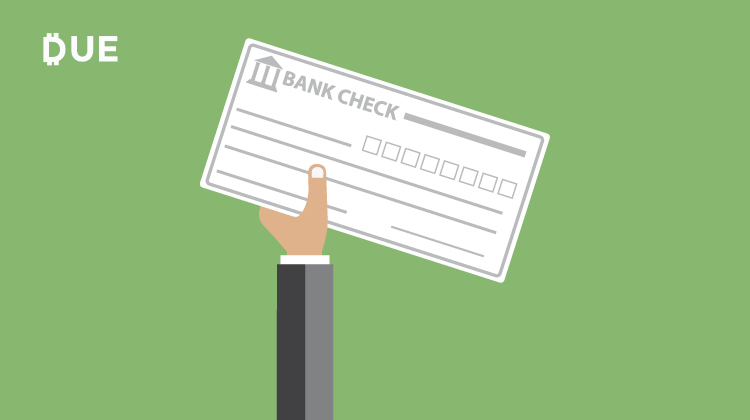A few months ago, we talked about how much money you should have in your savings account. The answer: it depends! While we did give you a handy-dandy formula to help you decide how much money you should keep in your savings account, the truth is, it’s up to you! Today we’ll tackle a similar question: how much money should you keep as a buffer in your bank checking account? Even though I’m a personal finance writer, even I am left wondering about the perfect amount to keep as a buffer in your checking account.
So, I decided I’d survey some personal finance experts, as well as a few real people, to find out how much of a checking account buffer they think is ideal.
What is a checking account buffer?
Before going any further, it’s important to first understand exactly what a checking account buffer is. Basically, a buffer is any extra money you have left in your checking account after you’ve paid your bills. Most people who have a checking account buffer keep this money in their account to use for emergencies or unexpected expenses that may pop-up from time to time.
We all know that life can throw us curveballs and a checking account buffer can be a good way to help off-set some of those costs. Vernon Hurd, the Executive Director at the Thomas County Economic Development Alliance in Colby, Kansas, agrees. “I keep $500. It’s enough that I can cover most unplanned expenses without the need to transfer money from savings.”
Also important to note is a bank checking account buffer should be in addition to your regular emergency fund.
“It’s better to not reach into your emergency account unless it’s a true emergency,” says Ryan Inman, a fee-only financial planner for physicians.
How much buffer should you keep in your checking account?
Again, just like with the size of your savings account, it depends. And, to better understand what other people think about this, I sent out a survey by email, and posted it on social media. The responses I got were all across the board.
Some said as little as $100. Others said $250, $500, or $1,000. Still others based it off of income or expenses. But, 100% of respondents said yes, you should have a buffer in your checking account.
When it comes down to it, each person has a solid reason for the amount of money they opt to keep in their checking account buffer. For my respondents, their answers were based on how much they earn, how much they spend each month, and what type of lifestyle they lead. For example, someone with kids may choose to keep more of a checking account buffer than a single person.
“With variable expenses, two kids, and automatic deductions for bills, keeping a buffer helps me not have to worry about if I have enough money to purchase something at any given time,” says Kim Studdard, an online business manager from Kansas City, Missouri.
Likewise, if you’re self-employed, then you typically have a variable payment schedule. Therefore, you need a larger checking account buffer. This will help you account for those lifestyle choices as well.
How to start building a bank checking account buffer
Unfortunately, not everyone can snap their fingers and build a checking account buffer overnight. If you’re currently living paycheck-to-paycheck, it may take time to build a healthy checking account buffer of any size.
Personally, when I started budgeting, I didn’t have a checking account buffer. I had to slowly ease myself into a healthy checking account surplus, $20 at a time.
A good way to start building a checking account buffer is not pay expensive and unnecessary bank fees. For starters, you may want to switch to a bank account with no fees, like Chime. Remember: it’s better to start small than not start at all.












